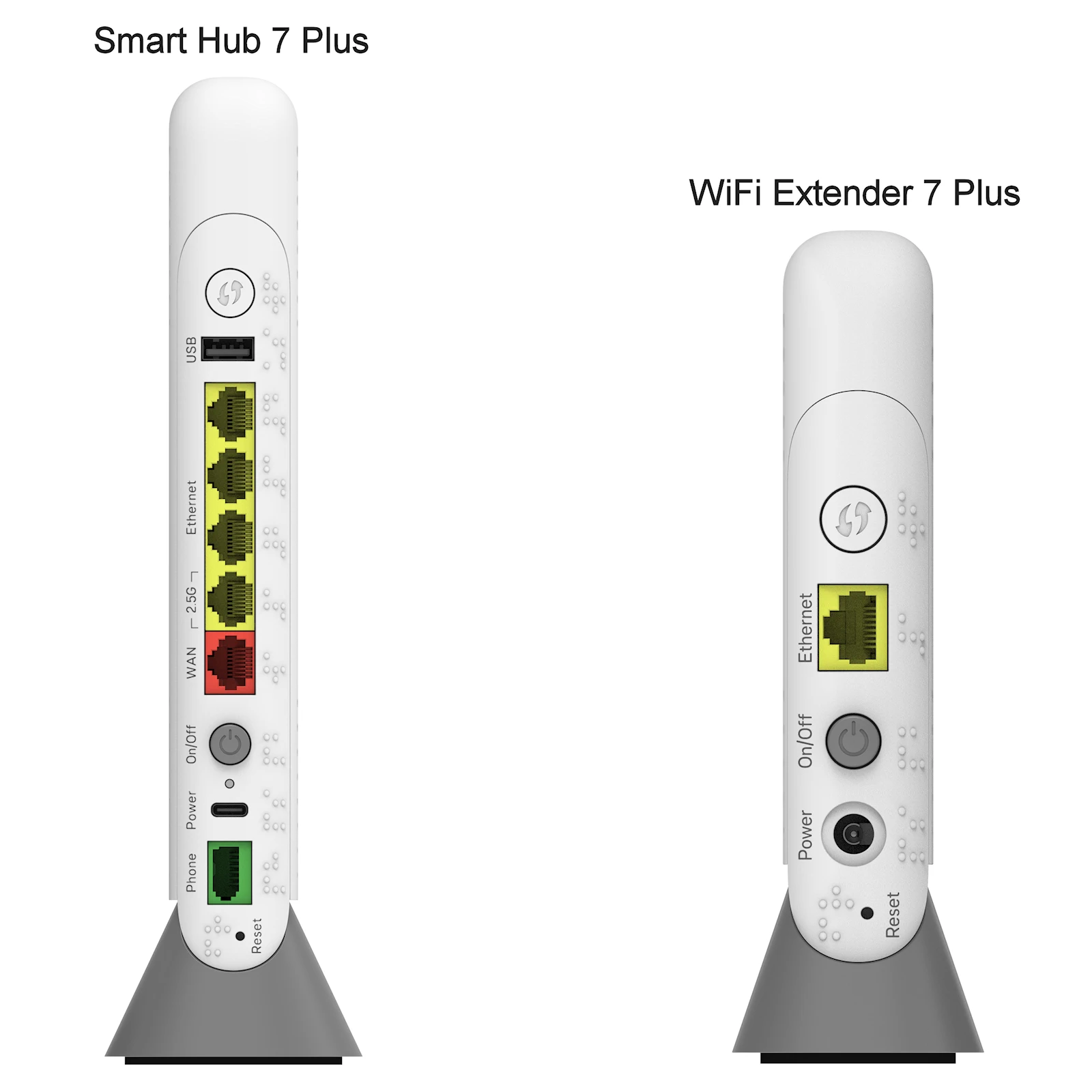Original article ISPreview UK:
The Government has today published a new consultation on measures that aim to create a new right for leaseholders, such as those living in blocks of flats / apartments (Multi-Dwelling Units), to request a gigabit broadband connection. In addition, freeholders will face a new duty not to “unreasonably refuse” such requests from tenants. But finding the right balance will be difficult.
Previous governments have already done a fair bit of work in an attempt to make it both quicker and cheaper for gigabit broadband networks to access big residential buildings (MDUs) and for tenants to request faster connections, such as via the Telecommunications Infrastructure (Leasehold Property) Act 2021 (TILPA); this tackled situations where so-called “rogue landlords” failed to respond (here and here).
NOTE: Openreach previously estimated that there were approximately 1 million premises in such buildings across the country for which this issue applies, and over 780,000 of those were said to be “at risk of no coverage from us or any other provider“.
The TILPA changes essentially introduced a cheaper and faster route for dispute resolution via a new court process, although this only applies after a landlord has repeatedly failed to respond to requests for access. Despite those changes, the process for network operators that wish to obtain new wayleaves (legal land/property access agreements) from landlords to install full fibre lines inside MDUs remains slow, difficult and often expensive.
For example, it remains difficult for network operators to find and contact the ultimate owner or managing agent of a building, while in other cases the building owner may be incentivised to reject a rival network after having previously signed an exclusive deal with a different provider. But this limits the competitive choices available to tenants.
Incumbent vs rivals
The next challenge stems from the disagreement between Openreach and alternative networks. Openreach has long campaigned for them to be given automatic upgrade rights, so they gain permission to access buildings in order to convert their existing copper cables inside MDUs to fibre optic ones (at present they can only make changes to the copper network).
The issue of automatic upgrade rights in MDUs sounds fair and logical, but rivals have already warned that this must not result in a situation that grants special access to Openreach – without also affording opponents a fair level of comparable accessibility. Doing so, they warn, could risk handing the incumbent an unfair competitive advantage (here).
Meanwhile, the Independent Networks Co-operative Association (INCA), which represents many altnets, has proposed a non-legislative approach based on collaboration and education (here), which they say would bring landlords and landowners on board with the need to deliver full fibre to MDUs and the benefits this will provide to tenants. But politicians and operators have spent the past few years trying to do things like this and, as above, some challenges remain.
The new consultation
Earlier this year the government rejected an amendment to the Renters’ Rights Bill for England (here), which has since become an Act (law). The amendment aimed to make it easier to deploy gigabit broadband into large residential buildings (MDUs), albeit only where deployment had been unreasonably refused or landlords cannot be contacted.
At the time the government said this was because the amendments didn’t cover everything (e.g. leasehold flats in MDUs that are not rented) and they were, instead, “actively considering options to identify what would be the best interventions to facilitate gigabit broadband deployment in privately owned multiple dwelling units” (i.e. more consultation was required).
The government’s new consultation, which proposes measures to create a new right for leaseholders to request a gigabit broadband connection and a duty for freeholders not to unreasonably refuse the request, is thus an attempt to address the above concerns (before committing anything to legislation).
Minister for Telecoms, Liz Lloyd, said:
“Measures like these are about fairness and improving the playing field for consumers, giving them better broadband connectivity. Whether you’re in a block of flats, a house, or a rural property, we want everyone to have access to the fast, reliable broadband needed for modern life.
These proposed measures would help deliver better connectivity for properties that face additional challenges to gigabit broadband rollout, and will ensure all UK families can benefit from the digital age.”
Just to be clear. The new measures would apply specifically to leaseholders. Leaseholder landlords would be able to apply the new right on renters’ behalf. The consultation, which will run until 16th February 2026, seeks more information on whether renters are impacted by the challenges seen in connecting leasehold properties. At the time of writing we haven’t yet seen the consultation document, but will link to it once we have.
However, property owners / managers also have concerns that must be balanced in all this (i.e. insurance, damage to property, security, safety (e.g. fire, asbestos) and other liabilities etc.). In particular, upgrading copper lines to fibre in MDUs is often a bit more involved than it may seem (it’s not always minor work) and not everybody may want that.
Suffice to say, network operators and the government are walking a bit of a tightrope in terms of the rights of freeholders and leaseholders. But in the meantime, it’s worth remembering that introducing any new legislative changes around this, if ultimately deemed necessary, will also take time and attract more debate (we’d guesstimate up to around 1-2 years before it’s law).

